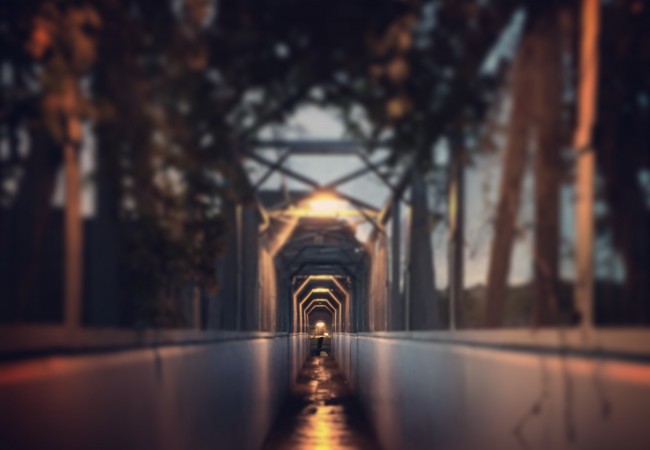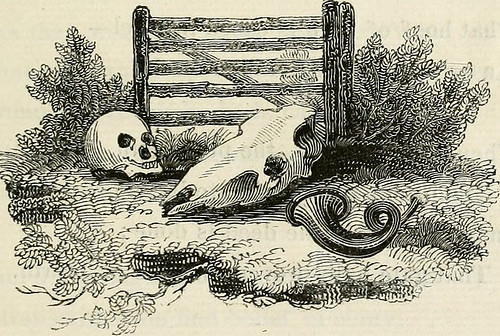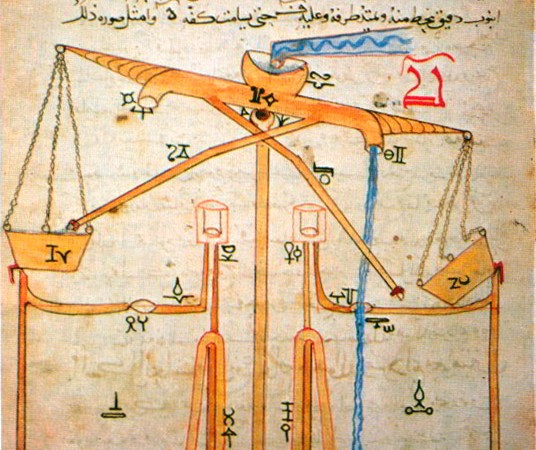Do index funds have a weakness? When might they go wrong? How can you avoid it? Tom re-examines the backbone of MBS and reveals the achilles heel.

Do we just work to survive and play, then die?
Read the messages below and see if any of it, maybe just one sentence or the frustration between the lines, rings true for you too:

A very close friend sent me this, and later agreed to me publishing it.
The first sentence is the most truthful thing she had ever said, more than perhaps she even knew and one I believe many, many people think – perhaps yourself too – every day:
“You work to survive and play, then die.”
Whether you believe in a God or not, this is generally the course of life. Yet, as you can tell, she wrote with a heavy feeling of frustration. Bitterness perhaps. Anger.
Anger that there isn’t more. That this is it. Her life. Her work. Her play. Each moment clocking towards death. Nothing to show, nothing to do. Disappointment. An overwhelming mixture of pressure, confusion and boredom. Acceptance that she could do more, that she has it in her to be whatever she wants to be, but inevitable acknowledgement that she has no drive to be anything in particular.
Some people seem to know exactly what they want and they charge towards it obsessively. For everyone else – for those taught that they can be anything – envy comes easily.
Choice sucks. You end up in paralysis. Ideas after ideas. I could do this, that or the other… But end up doing nothing. Again and again. Or, start, stop, start, stop. That’s more like my approach. Scared I won’t do anything I try everything.
She half-jokes that she wishes death would come sooner. Suicide is the number one cause of death for men and women in the UK aged 20-34. Recently a friend of a friend fell into that statistical box as perhaps did my cousin (it was never known for sure) over a decade ago. It’s certainly a rational choice once you see just how much pressure there is surrounding people of this age to make money, find a partner, create a family, support your own family, make a name for yourself, become successful, put a roof over your head and keep up with everyone else. And then what’s the point of it all if you’re just going to die anyway?
Perhaps we’re scared of life, not death
People assume we’re scared of death. This is not true. We’re scared of life.
If we were scared of death, then the most vulnerable of us would not commit suicide. It is life we’re scared of, or indeed, the fear that we have not lived.
Yet how we measure our lives is nonsense. All those pressures listed above, these things you measure your life by, other people no smarter than yourself have invented them. Everything beyond covering your basic needs of food, water, clothing and shelter is created by culture and society. Other people are putting that pressure on you, and by accepting it, by allowing yourself to feel frustrated, pained, angry, you further it onto others.
Freedom comes from understanding
To break away from the swirls and depths of a liquid life (read Zygmunt Bauman) one must begin to understand it. Where do these pressures come from? Who directs them? Who creates them?
These are the questions philosophers, sociologists and anthropologists have for decades sought answers of.
Understand that we live in a capitalist and globalised world, which itself derives from war upon war (read The Ascent of Money by Niall Ferguson). But also know there are other alternatives to capitalism: you will have heard of communism, socialism and perhaps egalitarianism. These different systems put different pressures on you. Some better, some worse.
Also, there are forces far beyond our control influencing decisions and actions. Technology, politics and economics to start. There are structures to our lives that we are blind to in the same way as we cannot feel the 20,000 tonnes of atmospheric pressure pushing down on our shoulders (read All That Is Solid Melts Into Air by Marshall Berman, Marx, Our Island Story by H. G. Wells, the Quran, Steve Jobs by Walter Isaacson and Trust Me I’m Lying by Ryan Holiday).
Happiness comes from practice
Once you begin to see the pressures for what they are: thin air; you can begin to practice happiness. Living a life of truthfulness. I do not mean honesty or a morally benign life, although this is preferable and as you’ll inevitably learn, it is what happens anyway, but a life where you make choices with a fuller understanding of where your decisions come from and why.
You may quit your job and take up something less stressful. This is usually the biggest change people make. You may rebalance your priorities more towards friends and family. Or, you may continue exactly as you were, but without the feeling of confusion.
We could go on about happiness but really I want to end here on this note: if you’re feeling lost, stressed, burnt out and bored, know that it is not your life that is to blame, but the pressures put on it by somebody else. The value you assign your life and actions are not real for there is no good or bad in nature. Such values are created, implemented and maintained by the culture and society we live in, and you can in turn influence that. By understanding the systems and history through which the pressures are exerted: politics, economics and production; you may begin to recognise your feelings objectively and as effects to external, uncontrollable factors. It’s not you that’s rubbish or unsuccessful, it’s the bullshit measurements someone else has put on you.
Now that you know that, how do you feel? Perhaps not necessarily happy, but different, I hope.
Next Post: A Little Princess by Frances Burnett
Previous Post: If artificial intelligence came to be, what would it think?


